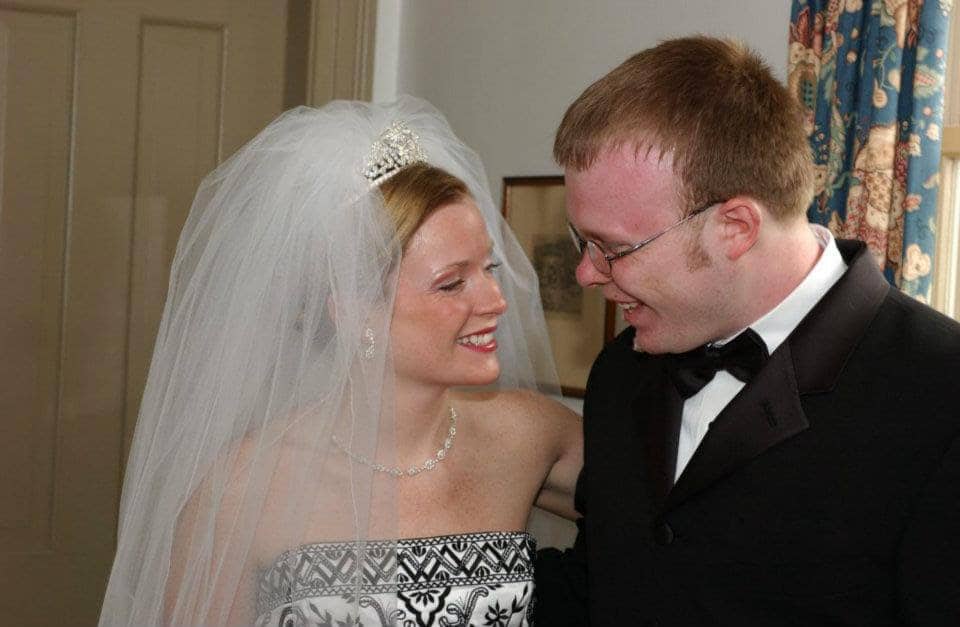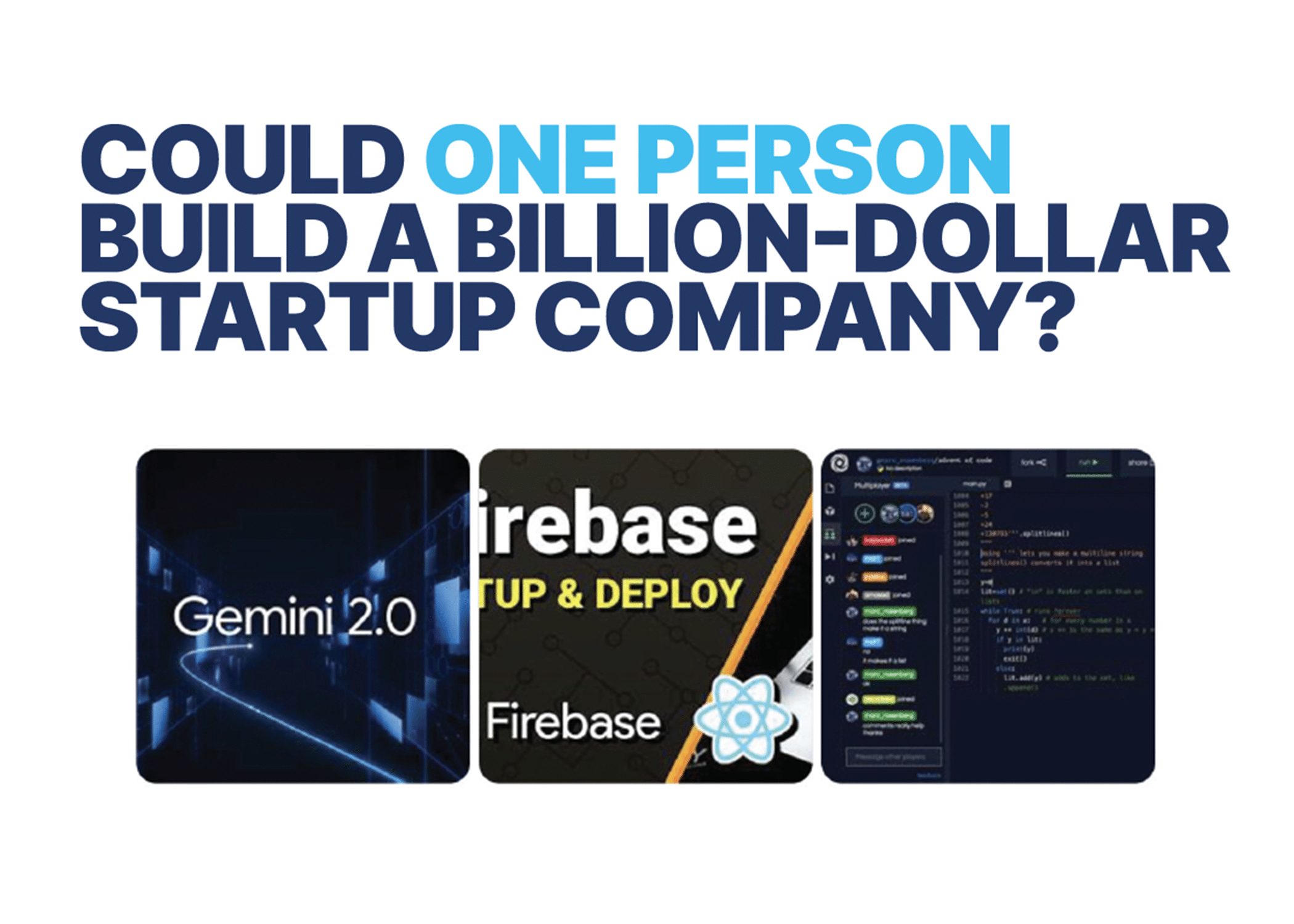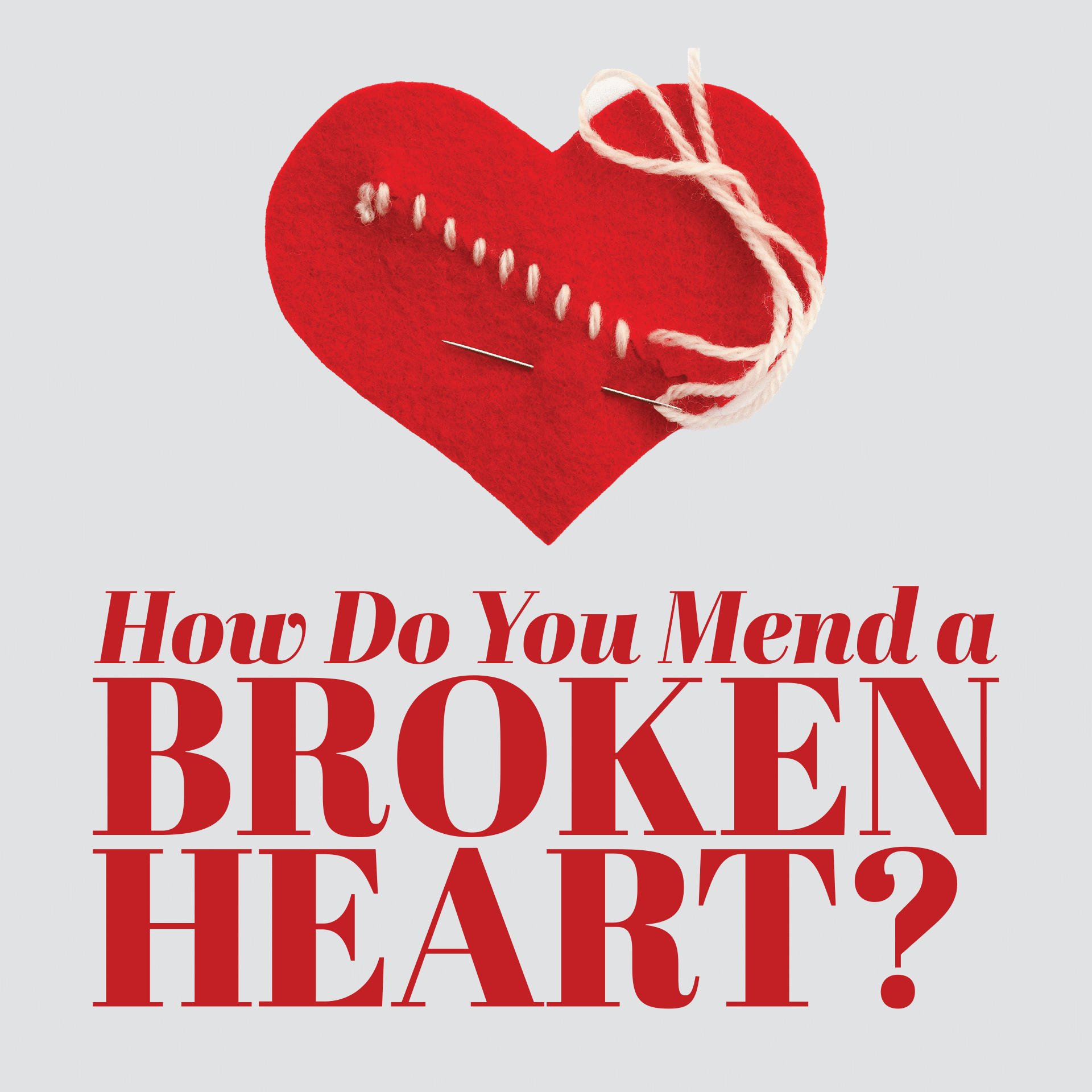An “honesty box” was placed on a table in a company break room to collect money for coffee. On the box it said: “$1 per cup.”
For one week a picture of brightly colored flowers was placed directly behind the box. In the second week the picture was switched to one of watchful human eyes.
In which week do you think more money was put in the box?
If you guessed the second week, you’re right. In fact, three times as much money was contributed in the “watchful eyes” week.
The experiment illustrates a concept known as priming.
In psychology, priming means one stimulus will influence how you respond to a subsequent stimulus. When information is primed in memory, the brain can retrieve it automatically.
The name comes from priming a well…after it’s been primed, water comes out whenever it’s turned on.
As we go through life our brains learn to make associations. We associate red with apples, spiders with fear, and stealing with guilt.
The experiment above was a test of “associative priming.”
A picture of watchful eyes was the primer, reinforcing each worker’s association of “stealing” coffee with guilt.
The First Takeaway? Think about natural associations we all have and use them as primers to inspire better behavior in others
You have a dog. He lights up your life every day.
One evening you attend a networking event and meet a very nice person you really like.
Does she love dogs too?
According to the “halo effect,” you would presume the answer is yes.
Without knowing whether that person is allergic to dogs, afraid of dogs, or despises dogs, you will presume she loves dogs.
But why?
The halo effect means your perception of one quality of a person can lead to biased assumptions of their other qualities (She is nice so she must love dogs).
This is known as a “cognitive bias,” which is basically a “system error” in your brain. This is often a result of your brain’s attempt to simplify information processing, but it can be a major impediment when trying to influence others.
The Second Takeaway? Be wary of the halo effect…it may cause you to make erroneous presumptions.
Pick a new friend, Alan or Ben:
Alan is intelligent, industrious, impulsive, critical, stubborn and envious.
Ben is envious, stubborn, critical, impulsive, industrious and intelligent.
If you chose Alan, you selected the friend most prefer, even though the six words used to describe them are exactly the same.
Alan appears more favorable than Ben simply because of the word order. The first word in Alan’s description was “intelligent” and the first word in Ben’s description was “envious.”
What you see, hear, and experience first usually has a greater impact on your perception than what comes after.
Understanding the power of priming, the pitfall of the halo effect, and the potency of an initial impression can improve your ability to relate to and influence others.












